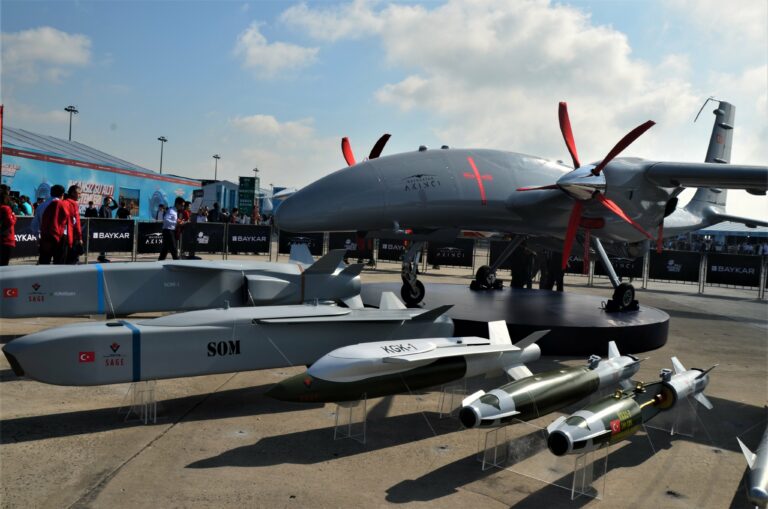As tensions continue to rise in the South China Sea, members of the Association of South-East Asian Nations (Asean) face increasing pressure in balancing economic concerns with overlapping territorial claims in the area.
Increasingly the area is being seen as a potential flashpoint as tensions mount over the status of Taiwan with militarisation of artificial islands in the area and responses which include potential nuclear submarine patrols and bases being hosted in countries such as the Philippines.
The Philippines, wary of being squeezed out of its exclusive economic zone (EEZ) and is taking an increasingly energetic approach in alliance building in the region with other Asean states and with allies from further afield.
Former Senior Associate Justice Antonio Carpio said Manila should consider doing joint maritime activities with nations with claims that overlap with China’s nine-dash line during a forum hosted by Stratbase ADR Institute earlier this week.
“We should have joint patrols with Malaysia, Vietnam, Brunei, Indonesia in each other’s exclusive economic zones because that would be asserting that all of us have exclusive economic zones,” Carpio said.

While the country counts China as its largest trading partner for six consecutive years, and its second-largest export market, the island nation has not minced its words over its territorial claims and has taken increasingly firm steps in that direction, something that has drawn the attention of other regional claimants.
Other Asean countries with claims in the area are increasingly concerned over the influx of militarisation but are merely content to tacitly allow submarines operating under AUKUS, a trilateral security pact between Australia, the United Kingdom, and the US to assist Australia in acquiring nuclear-powered submarines.
While Malaysia, Vietnam, Brunei, Indonesia and the Philippines have competing claims in the area, China’s nine-dash line is seen as a mutual problem with the Asian giant claiming almost the entire area for itself.
The area remains a vital trade route with an estimated US$3.37 trillion worth, or 21 per cent of all global trade, transited through the South China Sea in 2016, besides the huge hydrocarbon and mineral deposits in the area and its rich fisheries, make the area a tempting prize.
Vietnam prominently maintains a comparatively strong military, including a fleet of six diesel powered submarines, 23 major surface combatant vessels and a large number of missile boats, with Indonesia boasting traditionally being able to put a strong naval presence at sea countries like Brunei and Malaysia have little real capability to respond to territorial intrusions or area denial operations.
Brunei operates a small force of patrol vessels and poses little deterrent capability while Malaysia is particularly vulnerable as a plan for six modern littoral combat ships (LCS) continues to flounder with one being cancelled and five still under construction for over a decade and mired in corruption allegation.
Diplomatically the country is also wary of antagonising China with Collins Chong Yew Keat a foreign affairs analyst with University of Malaya warning that the country will have to come to terms with choosing economic interests with its largest trading partner and its interests in the South China Sea.
“Malaysia tried to separate the issue of South China Sea from the overarching spectrum of comprehensive bilateral ties between KL-Beijing, with the hope of this not having any bearing on the need to further deepen economic ties. However, Malaysia does not share other regional players’ strategic wisdom and manoeuvre in opening up for more Western security assurances, and this is the area where Beijing is exploiting the most,” he said.
He also suggested that greater Western attention to investments, soft power tools and diplomatic and military engagement will convince Malaysia that a common cooperative framework as proposed by the Philippines is in fact in its interests: “Malaysia will be respected for these credentials and principles, not through continuous hedging,” he said.
Conversely, Cambodia and Laos have taken a decidedly aligned themselves with China, refusing to make any statements on the sea, in part due to infrastructure projects based on their territory: Boten–Vientiane railway in Laos and Ream Naval Base in Cambodia.
While Asean looks wearily at these developments, it is clear that capitulating over economic pressure will prove detrimental to the economic, energy and food security of these states in the long run as many of these nations rely on the aforementioned resources of the sea.
There are few avenues for the balancing act of the past and instead Asean, especially those states which still have the chance, will have to band together to protect their interests, casting aside an appeasement policy that has only emboldened foreign territorial ambitions.
Source: The Star








Leave a Comment